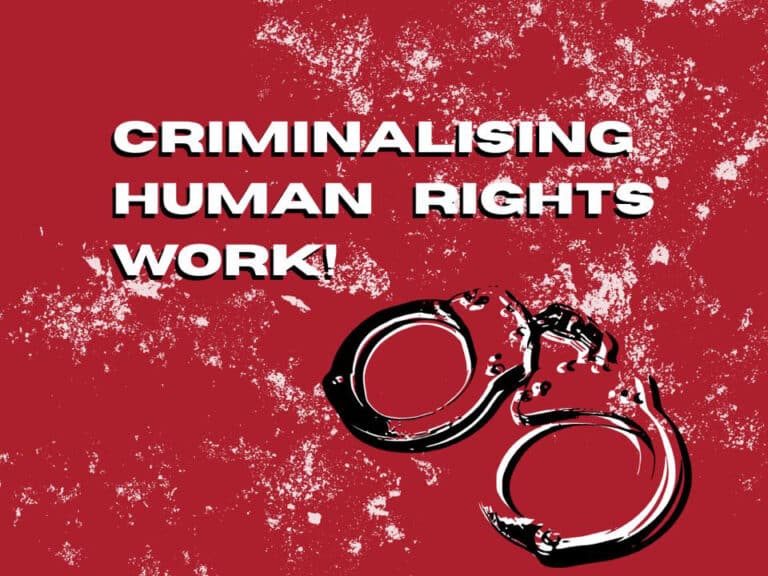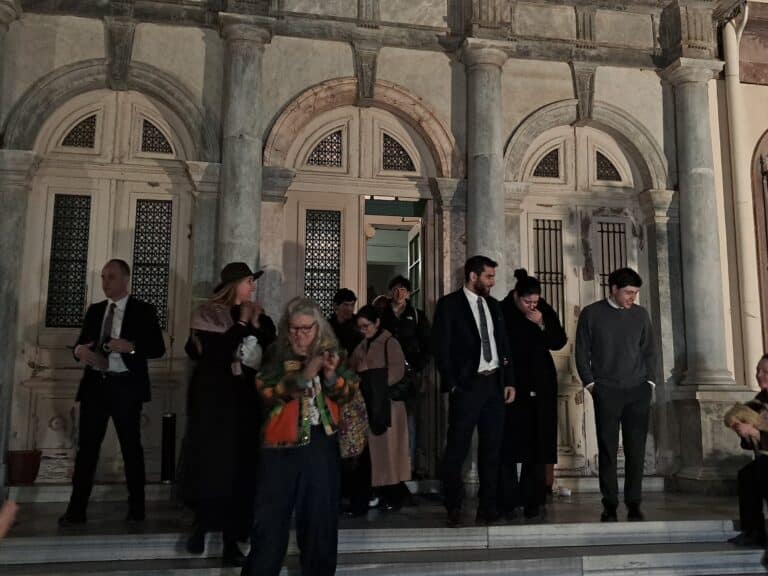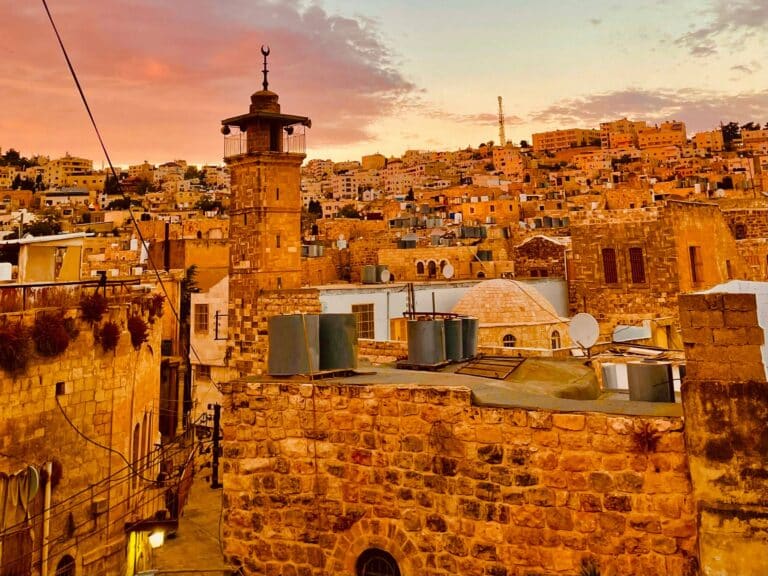In August 1990, Iraq – under Saddam Hussein – invaded Kuwait, claiming it was stealing oil from fields near their common border. The UN imposed widespread sanctions on Iraq, and the USA and its allies threatened military action against this oil rich country. This was in the very early days of CPT and, in November 1990, CPT sent its first ever delegation.
The delegates to Iraq urged its government to free the westerners it was holding as hostages, and urged its opponents to lift the sanctions and seek a peaceful resolution of the border dispute. On their return home, the delegation recommended that CPT send a team to the region, but finances and personnel were not forthcoming. The UN authorized the use of “all necessary means” to force Iraq out of Kuwait, and the First Gulf War ensued in January 1991. During the war, the USA bombed civilian infrastructure including power plants and water and sewage treatment plants in violation of the Geneva Conventions. This war set a dangerous precedent as the UN abandoned its “peaceful and humanitarian purposes” in the UN Charter, and allowed the USA and its allies free rein in the conflict.
Following the war, the sanctions on Iraq continued for ten years with increasing harshness. Imports of food and medicines were severely restricted. “Dual use” chemicals, such as chlorine for water treatment, were prohibited on the grounds that they could be used for weapons. Parts to repair the bombed power and sewage plants were delayed for years. As a result of the sanctions, UNICEF estimated that one million Iraqis, including 500,000 children, died.
In September 2002, the US began publicly to target the Iraqi government of Saddam Hussein, saying it had supported al-Qaeda’s 9/11 attacks on the Twin Towers and was preparing weapons of mass destruction. The next month, fearing another Gulf War, CPT established a team in Iraq, which then led a series of delegations in cooperation with Voices in the Wilderness’ Iraq Peace Team. The CPT delegations met with Iraqis to understand the impact of the years of sanctions on ordinary people. They also visited critical civilian infrastructure like water and sewage treatment plants, pointing out that bombing them in the First Gulf War had been a war crime under the Geneva Conventions. On one of these delegations, CPTer George Weber was killed when the SUV in which he was riding blew a brand new tire and rolled over. It seems likely that the tire was a defective one, dumped in Iraq under the sanctions. George was the first CPTer to die in service.
Despite tens of millions protesting around the world, the USA continued to threaten the Iraqi regime. UN inspectors in Iraq found no evidence of weapons of mass destruction nor links to al-Qaeda. This time, the UN refused to authorize the use of military force against Iraq. Despite the UN’s refusal, the USA and its coalition allies began bombing Iraq on 20 March 2003, in a campaign they called “Shock and Awe.” The CPT team in Iraq reported on the destruction and casualties in Baghdad caused by the bombing. They also camped out at the Al-Wathba Water Treatment Centre which served one sixth of the city and an adjacent hospital complex. They sent the coordinates of their camp to the Pentagon saying that bombing such civilian infrastructure would be a war crime. Interestingly, soon after, the US Defence Secretary pointed out that the lights were still on in Baghdad, appearing to say that this time they would not bomb power plants.
After the arrival of Coalition forces in Baghdad, many Iraqis welcomed them. They didn’t want to be bombed or invaded but were glad that Saddam Hussein had fallen. The mood soured quickly when the ill-prepared forces imposed a brutal occupation with many human rights abuses, including detaining and torturing thousands of Iraqis without charge or access to due process, first documented by CPT.
And now Iran. The world has long been suspicious of its uranium enrichment program, fearing it as a precursor to building nuclear weapons. As a result, the UN imposed sanctions on Iran calling for an end to its enrichment work. The sanctions have taken a severe toll on Iran’s people and economy. Facing the threat of even more sanctions, Iran agreed in 2015 to limit its nuclear program for ten years in return for the lifting of most of the sanctions. In 2018, President Trump withdrew the USA from the Iran nuclear deal, and reimposed expanded sanctions. In response, Iran restarted its enrichment program and by 2025 had accumulated at least 400kg of uranium enriched to over 60%. This is far beyond the level of enrichment needed for Iran’s power or research reactors, but short of the 90% needed for a nuclear weapon.
The USA agreed to meet with Iran on 15 June 2025 to renegotiate a comprehensive nuclear deal. But two days prior to this date, Israel launched a pre-emptive strike against Iran, killing nearly 1,000 people. Retaliatory strikes between Iran and Israel continued, but then the USA intervened with a massive attack on three of Iran’s nuclear sites on 22 June. President Trump announced that Iran’s nuclear program had been “obliterated”, but Pentagon officials said it had only been set back one to two years. The whereabouts of Iran’s stockpile of enriched uranium is unknown. Iran may abandon its nuclear program to avoid further attacks, or it may accelerate the program to develop nuclear weapons hoping they would create a deterrent, as they have for North Korea.
In these attacks on Iraq and Iran, where is the respect for the sovereignty of nations, for the Geneva Conventions on war, for the UN and its mandate to maintain international peace and security? As we know in CPT, war is the problem, not the answer. As international norms unravel, the role of civilian peacemakers becomes even more important.




